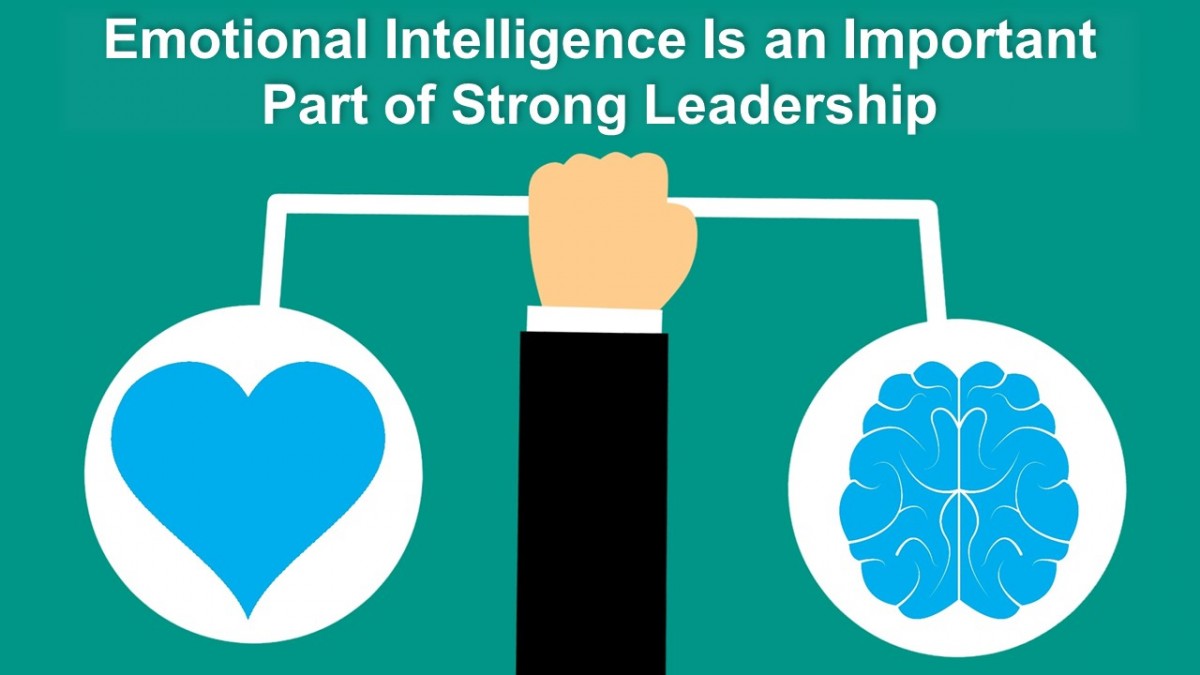Harnessing Emotional Intelligence for Effective Leadership
In the fast-paced and ever-changing world of business, effective leadership is crucial for the success of any organization. While traditional leadership skills such as strategic thinking, decision-making, and problem-solving are important, there is another key factor that is often overlooked – emotional intelligence.
Emotional intelligence, also known as EQ, is the ability to recognize, understand, and manage our own emotions as well as the emotions of others. It plays a crucial role in leadership because it allows leaders to connect with their team members on a deeper level, inspire and motivate them, and navigate through challenging situations with grace and empathy.
One of the main ways in which emotional intelligence can be harnessed for effective leadership is through self-awareness. Leaders who are self-aware are able to recognize their own strengths and weaknesses, understand how their emotions impact their behavior, and take steps to improve themselves. This self-awareness allows them to lead with authenticity and humility, gaining the trust and respect of their team members.
In addition to self-awareness, emotional intelligence also involves self-regulation. Leaders who are able to regulate their emotions are better equipped to handle stress, remain calm under pressure, and make rational decisions even in the face of adversity. This level of emotional control is essential for effective leadership, as it allows leaders to think clearly and act decisively in challenging situations.

Image Source: businessleadershiptoday.com
Furthermore, emotional intelligence enables leaders to have a high level of empathy towards others. Empathetic leaders are able to understand the feelings and perspectives of their team members, build strong relationships based on trust and mutual respect, and create a positive and inclusive work environment. By showing empathy, leaders can inspire loyalty and commitment from their team members, leading to increased productivity and job satisfaction.
Another important aspect of emotional intelligence in leadership is social skills. Leaders who possess strong social skills are able to communicate effectively, resolve conflicts, and collaborate with others to achieve common goals. These leaders are adept at building and maintaining relationships, networking, and inspiring teamwork among their team members. By fostering a culture of open communication and collaboration, leaders can create a cohesive and high-performing team.
Overall, harnessing emotional intelligence for effective leadership is essential in today’s business world. Leaders who possess high levels of emotional intelligence are able to lead with authenticity, empathy, and social skills, inspiring and motivating their team members to achieve success. By recognizing the importance of emotional intelligence and continually developing these skills, leaders can elevate their leadership effectiveness and drive their organizations towards greater heights of success.
Elevating Success Through Emotional Intelligence Skills
Emotional intelligence plays a crucial role in leadership, as it directly impacts the effectiveness of a leader in guiding and motivating their team towards success. Leaders who possess high emotional intelligence are better equipped to handle the complexities of interpersonal relationships and communication, leading to more productive and harmonious work environments.
One of the key aspects of emotional intelligence is self-awareness, which involves recognizing and understanding one’s own emotions and how they affect others. Leaders who are self-aware are able to regulate their emotions and respond to situations in a calm and rational manner, inspiring confidence and trust in their team members.
In addition to self-awareness, empathy is another important component of emotional intelligence that is essential for effective leadership. Empathetic leaders are able to understand and connect with the emotions of their team members, making them more approachable and relatable. By showing empathy, leaders can build stronger relationships with their team, leading to increased loyalty and commitment.
Furthermore, leaders with high emotional intelligence are also able to effectively manage relationships and resolve conflicts within their team. By understanding the emotions and motivations of others, these leaders can navigate difficult situations with tact and diplomacy, finding solutions that benefit everyone involved. This ability to foster positive relationships and resolve conflicts is crucial for maintaining a cohesive and motivated team.
Moreover, emotional intelligence also plays a significant role in decision-making and problem-solving. Leaders who are able to assess situations objectively and consider the emotions of those involved are more likely to make well-informed and compassionate decisions. By taking into account the feelings and perspectives of others, these leaders can make decisions that are not only logical but also considerate of the impact on their team members.
In today’s fast-paced and competitive business world, the ability to effectively lead and inspire a team is more important than ever. Leaders who prioritize emotional intelligence are better equipped to navigate the challenges of leadership, build strong relationships with their team, and drive success for their organization.
In conclusion, elevating success through emotional intelligence skills is essential for effective leadership. By developing self-awareness, empathy, and relationship management skills, leaders can create a positive and supportive work environment where team members feel valued and motivated. Embracing emotional intelligence not only enhances leadership abilities but also leads to increased productivity, creativity, and overall success in the workplace.
The Role of Emotional Intelligence in Leadership